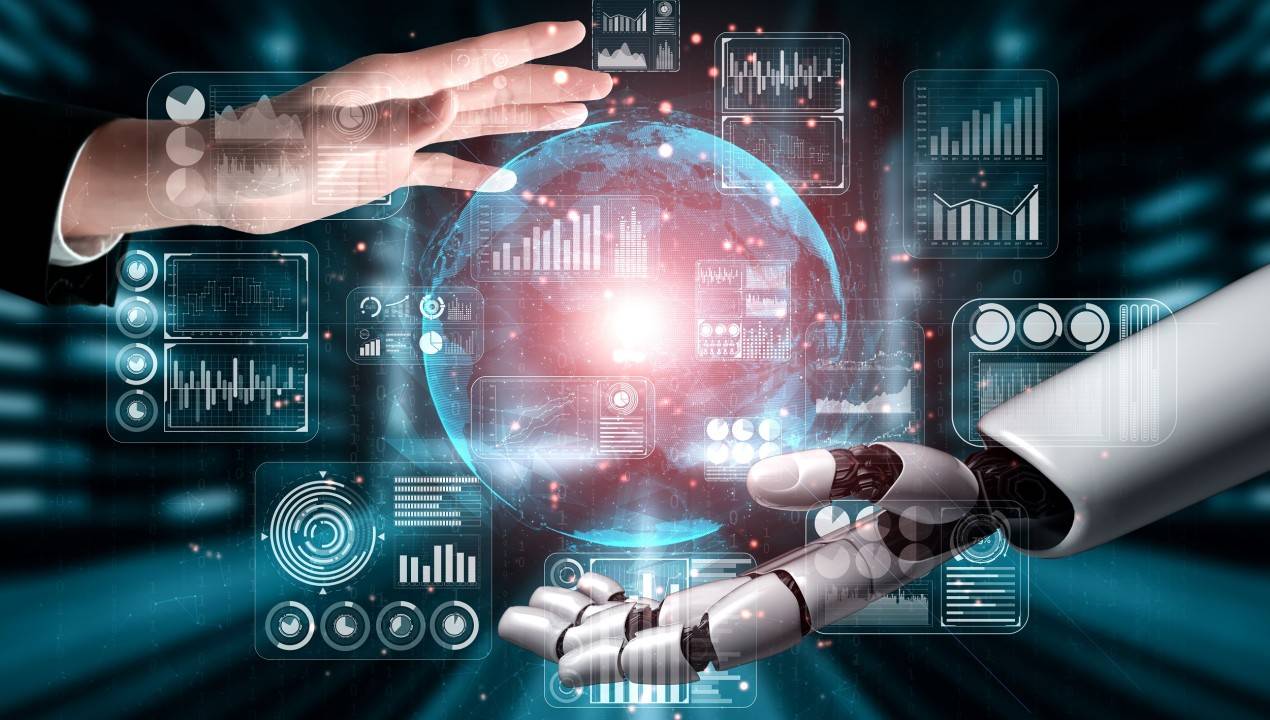Emerging technologies are reshaping daily life at an unprecedented pace, with advancements in artificial intelligence (AI), the Internet of Things (IoT), and wearable devices making personal and professional tasks more efficient, connected, and convenient. These technologies are becoming so seamlessly integrated into our routines that they often go unnoticed—but their impact is profound, changing how we live, work, and play.
AI-Powered Assistance in Homes and Workplaces
Artificial intelligence has made the leap from science fiction to reality, becoming a staple in homes and offices. Voice-activated virtual assistants like Amazon's Alexa, Apple's Siri, and Google Assistant are now found in millions of households, managing everyday tasks like setting reminders, controlling smart home devices, and answering a variety of questions. These AI-driven tools are also becoming more proactive, analyzing usage patterns to offer helpful suggestions and even predict user needs. For example, Google Nest's AI-powered thermostats now monitor and adapt to users’ temperature preferences over time, optimizing energy use and reducing electricity bills.
In workplaces, generative AI tools have transformed the way employees handle content creation, data analysis, and even customer service. Major companies like Microsoft and Google have integrated AI writing assistants and data analytics tools into popular software like Microsoft Office and Google Workspace, enabling workers to generate reports, summarize lengthy documents, and respond to customer inquiries with greater speed and accuracy. According to a recent survey by McKinsey, 75% of businesses report improved efficiency and cost savings from using AI-based tools, highlighting how integral AI has become to modern work environments.
The Internet of Things: Connecting Every Aspect of Life
The Internet of Things (IoT) has gone from futuristic concept to a ubiquitous reality, with an estimated 30 billion connected devices in use around the globe. IoT is enabling everything from smart home security systems and connected appliances to advanced medical monitoring devices, providing users with unprecedented control over their environments.
Smart home technology has become particularly popular, with interconnected devices such as smart refrigerators, lights, locks, and cameras allowing users to monitor and manage their homes remotely. For example, Samsung's Family Hub refrigerator enables users to see what’s inside from their smartphones, while Philips Hue smart lights can be programmed to adjust brightness and color depending on the time of day or user preference. Security systems like Ring and Nest provide users with real-time video feeds, motion detection alerts, and even communication with delivery services, enhancing both convenience and safety.
In healthcare, IoT is proving to be a game-changer, with wearable devices such as smartwatches that can track vital signs and alert users to irregularities. Devices like the Apple Watch and Fitbit’s Sense are equipped with sensors that monitor heart rate, blood oxygen levels, and even detect falls, helping individuals manage their health more proactively and providing critical data to healthcare providers. In the future, IoT-connected devices may become standard in remote patient monitoring, particularly for managing chronic illnesses.
Wearable Technology: Enhancing Health and Well-being
Wearable technology is one of the most popular sectors of emerging technology, helping individuals track and improve their physical and mental health. In addition to the already-popular fitness trackers and smartwatches, new innovations are expanding the potential of wearables. Recently, companies like Oura and WHOOP have introduced rings and wristbands that offer advanced metrics on sleep quality, strain, and recovery. These metrics allow users to gain insights into their habits, sleep cycles, and stress levels, empowering them to make lifestyle changes to optimize their health.
Augmented reality (AR) glasses are also showing potential in wearables, with applications for both entertainment and productivity. AR glasses developed by companies like Meta and Nreal overlay digital information onto the physical world, providing users with directions, notifications, or interactive content without needing to check their phones. Though still in the early stages, AR glasses are predicted to become mainstream in the next few years, revolutionizing industries like retail, tourism, and education by offering immersive, interactive experiences.
The Future of Everyday Technology
As AI, IoT, and wearable devices become increasingly advanced and accessible, they are predicted to permeate even more aspects of daily life. Experts forecast that within the next decade, fully automated homes, hyper-personalized health management, and wearable AR interfaces could be commonplace. However, this rapid adoption of emerging technologies raises concerns about data privacy, security, and the ethics of AI decision-making, prompting calls for robust regulations to protect users’ rights and data.
While challenges remain, it is clear that these emerging technologies are not just trends—they are the future. With the potential to improve convenience, security, and health, the role of AI, IoT, and wearables in everyday life is likely to continue expanding, fundamentally transforming the way people live, work, and interact with the world.




No comments yet
Be the first to share your thoughts!